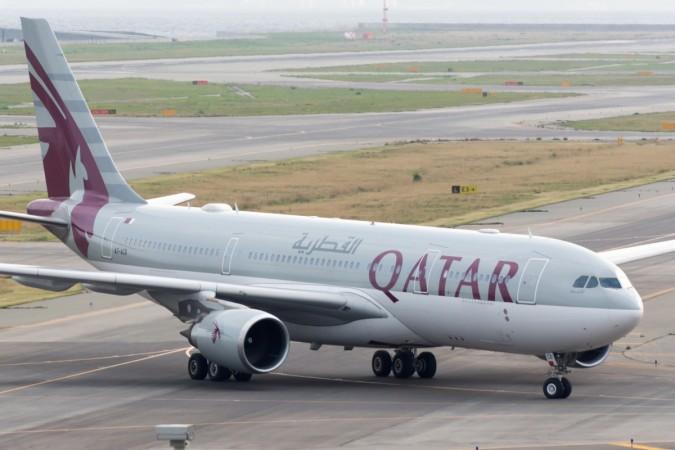
Qatar Airways has delayed the launch of the world's longest scheduled direct flight -- from Doha to Auckland, New Zealand -- by two months because of the late delivery of Airbus A350s, an airline spokeswoman said on Tuesday.
"I can confirm we are looking at February. It's due to aircraft availability, specifically the delay in delivery of A350s," she said.
The 17.5 hour, 9,031-mile service on Boeing 777 jets to New Zealand had been due to start on Dec. 3 this year. Those aircraft will now be needed as an A350 backstop elsewhere.
The delay adds pressure on Airbus after Qatar Airways raised questions over the A350's reliability last month, saying it had "issues" barely a year after entering service.
The airline is the largest customer of the A350, a mid-sized carbon-composite jetliner designed to compete with the Boeing 787 Dreamliner and larger Boeing 777.
It has so far taken delivery of eight of the jets.
"We are working closely with our customers to deliver aircraft to their full satisfaction," an Airbus spokesman said.
"Next deliveries are imminent," he said, adding that its 2016 targets for the jet remained unchanged.
Qatar Airways said on Sunday it would reduce the frequency of several routes from Doha, including a newly announced weekly flight to Adelaide in Australia, because of hold-ups in the delivery of planes from Airbus.
Relations between Qatar Airways and the European supplier had already been shaken by the late delivery of smaller A320neo jetliners, blamed on problems at engine maker Pratt & Whitney and glitches with Airbus hydraulic systems.
The airline has a reputation for tough standards and has delayed taking delivery of Airbus and Boeing aircraft in the past.
Industry sources said the latest row appeared to revolve around production quality issues on at least one jet, including a problem with the aircraft's doors that was being worked on. One said A350 teething problems had dragged on for several months.
The latest delays come at a time when both manufacturers and airlines are facing concerns over aviation demand after years of growth, giving some carriers an incentive to take advantage of any production hiccups to slow down adding extra capacity.
While putting heat on manufacturers over delays, Qatar Airways has said its premium traffic yields have slipped in the face of weaker business sentiment and a drop in spending by oil producers.
However, the Gulf carrier insists it needs the aircraft it has ordered to support its rapid growth plans and has threatened to use Boeing to meet part of the shortfall.











